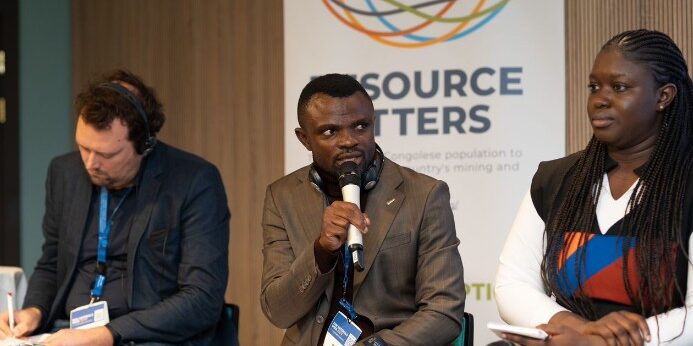
The Democratic Republic of Congo (DRC) holds immense strategic value as a global supplier of energy transition minerals like cobalt and copper. However, a persistent energy deficit undermines its ability to achieve sustainable development and equitable growth.
The non-governmental organization Resource Matters has urged the European Union (EU) to address these challenges and fulfill its commitments to sustainable electrification.
In October 2023, the EU signed a Memorandum of Understanding with the DRC as part of its Global Gateway strategy.
The agreement focuses on strengthening supply chains for critical minerals and fostering local value addition, infrastructure development, and joint projects.
Despite these efforts, the DRC remains one of the world’s poorest nations, hindered by a lack of electricity that stifles industrialization and local development.
To tackle the DRC’s energy crisis, the Congo Epela platform, developed with international and Congolese institutions, provides critical data on electricity access and proposes targeted solutions.
This initiative reveals that mining companies consume over 80% of the country’s electricity, leaving the majority of the population, especially in rural areas, without power.
Currently, only 20% of the DRC’s population has access to electricity. While major cities in the Copperbelt are connected to the grid, rural communities remain largely underserved.
Resource Matters highlights the need for the EU to intensify support for renewable energy initiatives, including hydropower, solar, and wind energy projects.
The EU’s investments in projects like Virunga Energies and broader renewable energy solutions are crucial to ensuring the DRC’s energy transition is inclusive and sustainable.
By addressing infrastructure challenges and engaging civil society, the EU has the opportunity to transform the DRC’s mineral wealth into a catalyst for equitable development.
With a strong commitment to sustainable electrification, the EU can help the DRC realize its potential as a key player in the global energy transition while improving the lives of its citizens.





